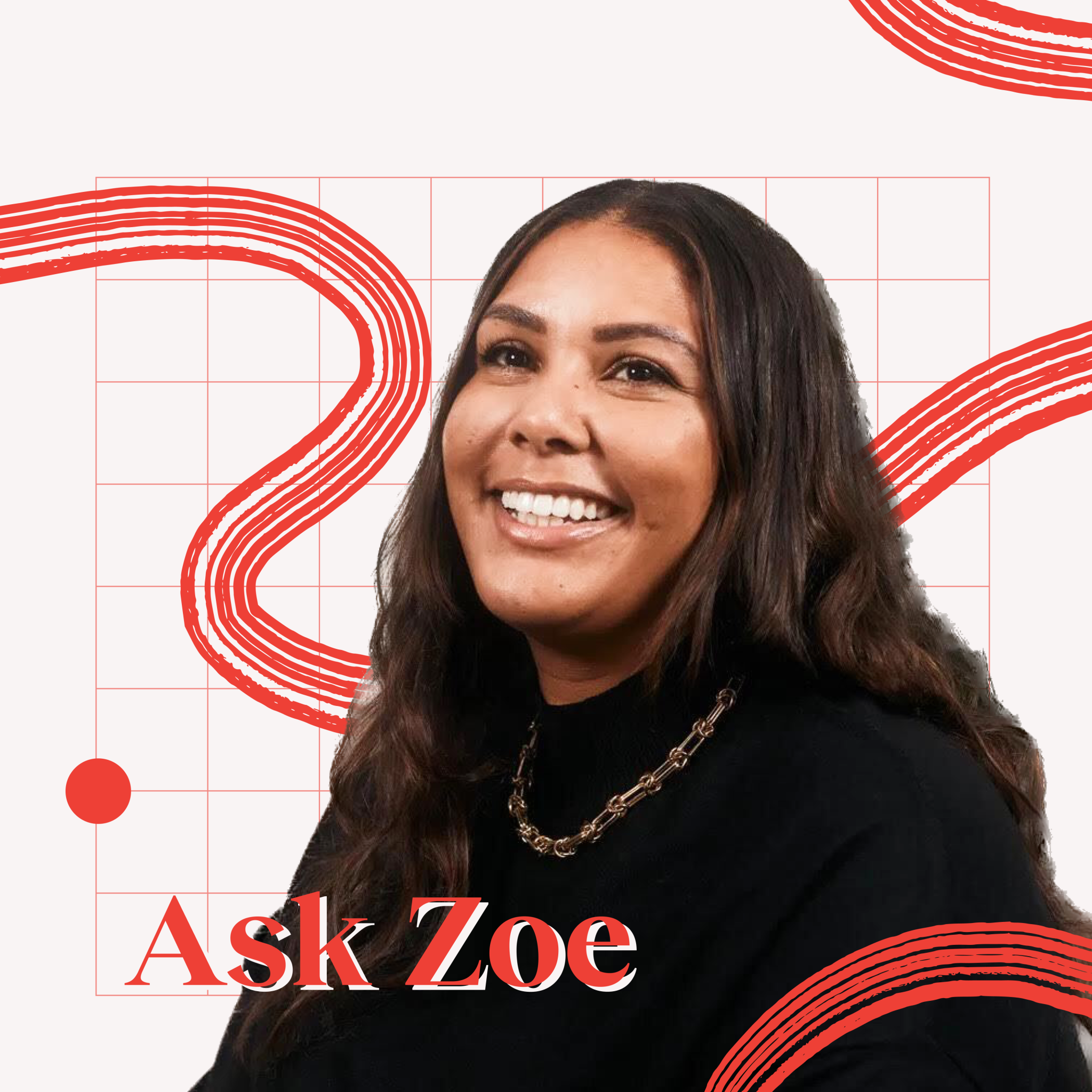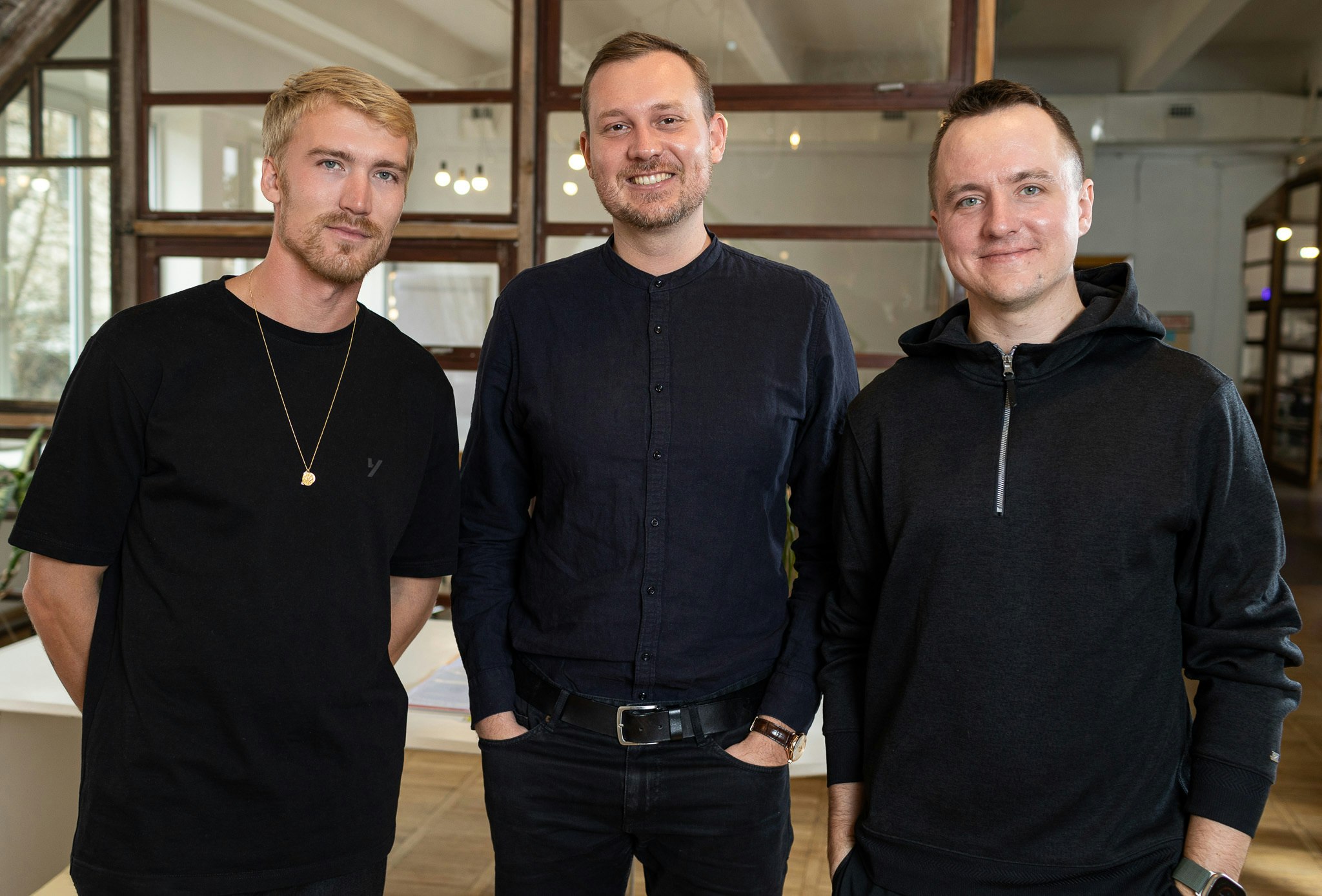In 2018, when founder Peter Beckman wasn’t working his main day job or building his first company on the side, he indulged in some self-confessed “stupid hobbies”. One of which was paragliding off mountains with skis strapped to his feet.
But just as he began the process of fundraising for his startup, one mistake changed everything.
After a speedflying jump went wrong, Beckman crashed into the side of a mountain.
“I spent six months in a wheelchair [and] that was the end of that startup. I was like, ‘guys, I won’t raise money from the hospital’,” he tells Sifted.
Beckman had to prioritise his recovery, which included learning how to walk again.
But the startup itch stuck, and rather than dissuading him from the risky path of founder life, his accident spurred him onwards.
“It was one of those moments where you realise: ‘This is what I want to do, and I should take a proper plunge and go all in,’” he says.
It was during his final few physical therapy sessions of learning to walk again, in 2019, that he received a call from founder residency programme Antler, where he met the person who would be his cofounder for Treyd, a fintech startup.
“I won’t say it’s a sign, but the timing was fantastic,” says Beckman.
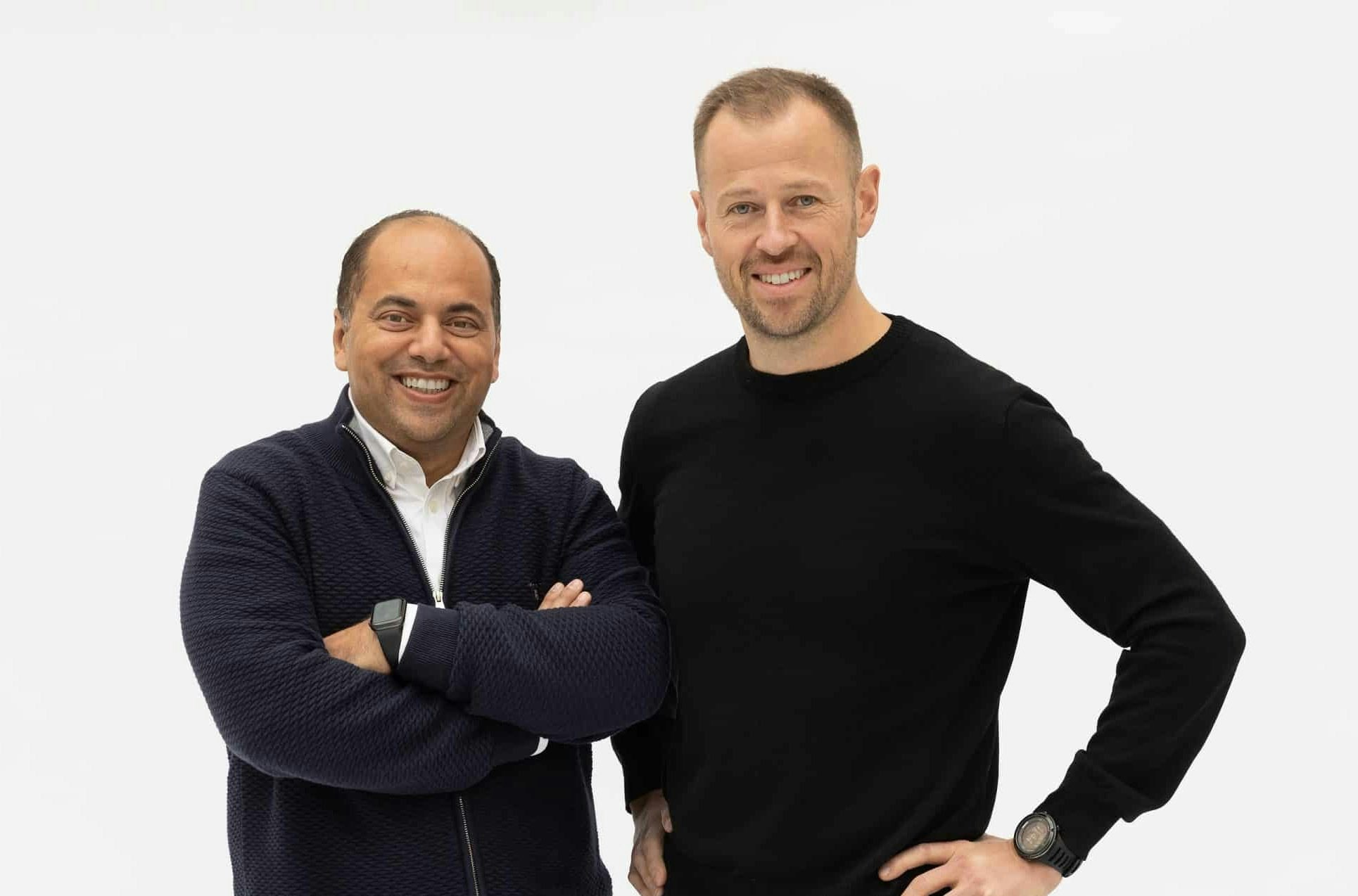
And while leaving a secure day job to become a founder full-time was a leap of faith, Beckman's accident helped him put that danger into perspective:
“I was really taking a risk leaving my career [to be a full-time founder] — but I was jumping off cliffs, so I can do it.”
Personal connections
While Beckman’s startup was unrelated to his accident, other founders use their personal struggles as inspiration to change circumstances for others.
For Jenny-Ann Axson Johnson, cofounder of fertility support app Tilly, it was her issues conceiving.
“We were on a long and bumpy fertility journey,” she says.
While there was support for the medical side of infertility, it was the emotional turmoil of the experience that Axson Johnson felt was forgotten.
“I didn’t feel there was anywhere I could turn to with my fears or feelings of loneliness. This was the first time that I lacked the tools on how to cope.”
She met her cofounder Anna Sane in an Antler programme, who also went through fertility struggles of her own. Together, they built an app to help others talk about their feelings during the fertility process and find a community in which to share their struggles.
“One thing we want to change with Tilly is to remove the stigma around not only struggling with infertility, but also how to cope,” says Axson Johnson.
Health struggles also led Craig Coulton to found UK-based, patient-controlled data bank startup GeneHub. As a child, he was diagnosed with a rare illness called Legg-Calve-Perthes disease that left him physically disabled: “In the 80s, I was a little boy just hobbling around and clanging in a metal brace. [...] It’s a chronic pain that will follow me through my entire life.”
“I understand what it’s like to not know the answers: there are no treatments for rare diseases,” says Coulton, but it wasn’t until he had children of his own that the idea for GeneHub sparked.
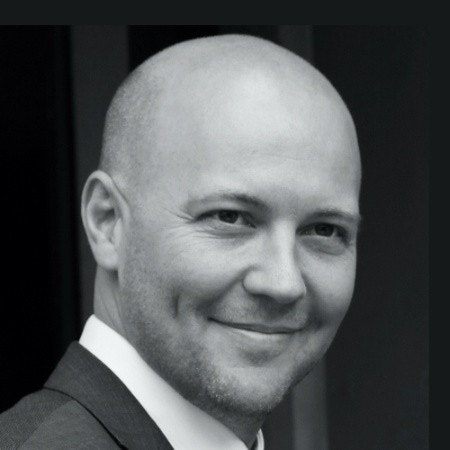
Having gone through what he describes as the “diagnostic odyssey” of the NHS himself, where sequencing a genome can take up to 18 months and patients have little control over who can access their data, he remembers signing consent forms to allow researchers to access his data.
But the lack of transparency weighed on his mind.
“I have no idea who is looking at my data, and no idea what research is happening in my disease area.”
Coulton’s disease is hereditary. So, when his son turned five and Coulton knew symptoms would soon become evident if the disease had been passed on, he decided to sequence his child’s genomes to identify if the illness was present.
The family had to go through private healthcare, as the NHS refused the request — but the whole experience resurfaced the distress around where that health data might end up.
“I got concerned that a whole genome sequence is highly valuable and highly sensitive,” says Coulton — he worried that the data could be sold on to insurance companies, which would have a huge effect on the lives of his children in the future.
“Your life might be scored before you’ve lived it,” he says.
GeneHub aims to solve both of Coulton’s main concerns: the time it takes rare disease patients to receive genome results and the lack of transparency around who sees patient-sensitive data. The startup offers patients an option to sequence their whole genome in as little as six to eight weeks — once sequenced, they then have the control over which researchers can access the anonymised data.
It’s also a plus for other biotechs and drug development companies — NHS data is notoriously difficult to access as it is siloed rather than held on a single database. GeneHub could offer access to patient data in a specific rare disease area much quicker than is currently available.
“I speak their language, I feel their pain”
Once Tilly had launched, Axson Johnson found that talking about the reason behind the startup remained difficult.
“It's one thing to talk about it to your friends and family, but to talk about it in the open like that… I would lie if I said that I wasn't nervous.”
But since talking about her experience more, she says that she has had a wave of support, with everyone from close friends to strangers in IT supply meetings sharing their stories. “I’ve met so many people who have been through similar challenges and we’ve never had any negative challenges, just people cheering us on,” she says.
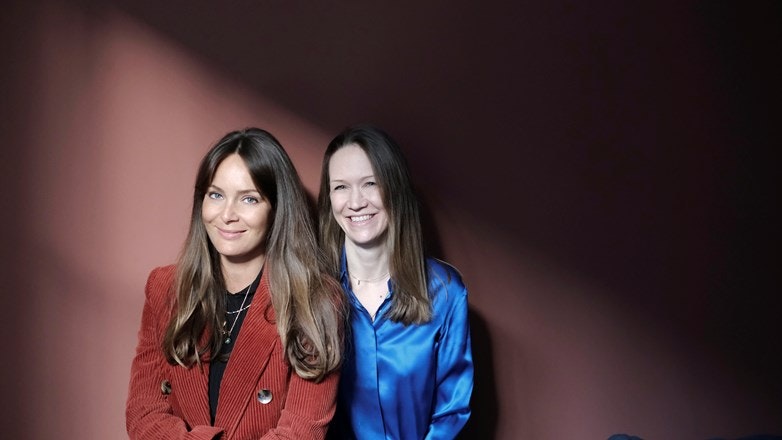
The personal connection also means that finding the balance between work and home is a “work in progress”, says Axson Johnson — especially as she and her husband were ultimately able to start a family.
“Is having four small children and a startup always a good idea? No, it's not,” she jokes.
Coulton and his cofounder — who has Type 1 diabetes — also find benefits in their ability to relate to their users. “We are the sick people we talk to,” he says, “I speak their language, I feel their pain.”
It’s an affinity that is rare among biotech and healthtech company founders, he adds: “We go to conferences and they're full of scientists talking to other scientists, or tech companies selling services to healthcare, and I always look around the room asking ‘where are all the sick people?’”
GeneHub’s mission and his personal connection to it spurs Coulton on. “Having that sort of setback can send you one of two ways: where your life is miserable or you use it as a driving force. In my case, I've always used that as a driving force.”

